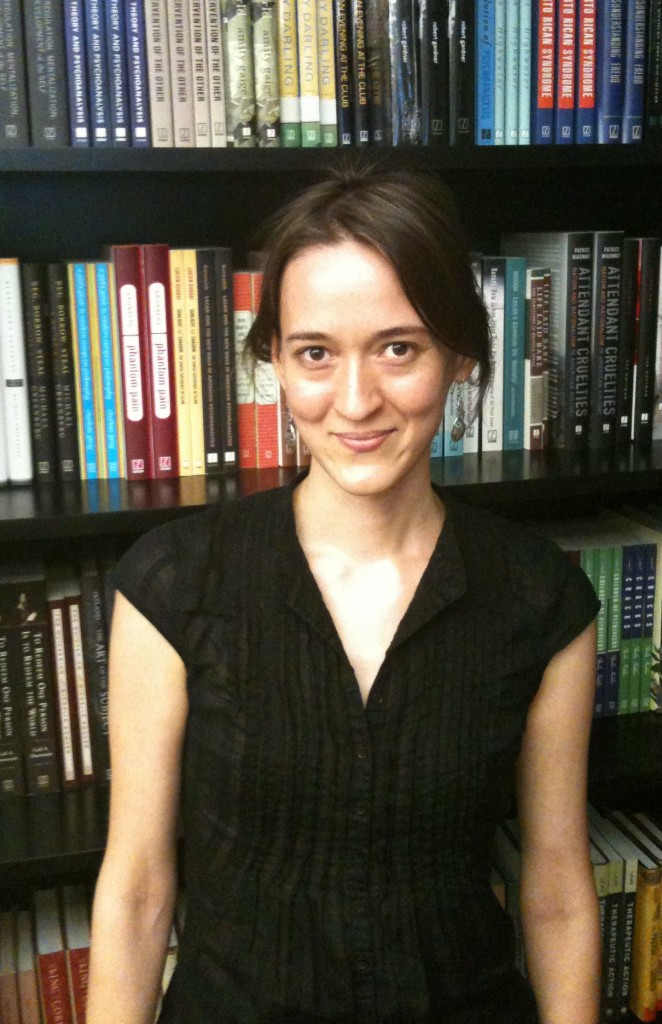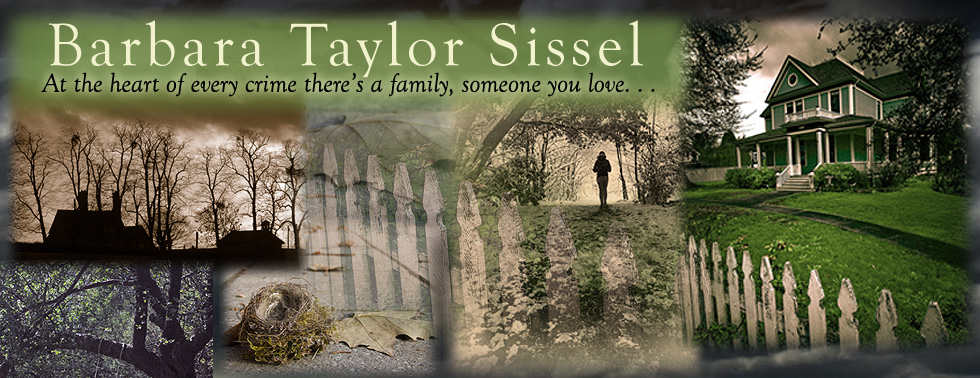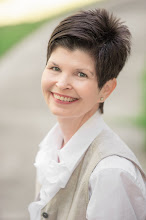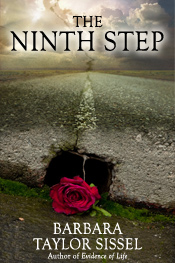 I have had the privilege of becoming acquainted with Corinna Barsan, a senior editor at Other Press, through our correspondence regarding a handful of wonderful books published by the house. The first was The Quickening by Michelle Hoover. An Accidental Light by Elizabeth Diamond and Lamb by Bonnie Nadzam are two others. Judging from what her authors have to say about her, Corinna is a truly remarkable, hands-on, nurturing midwife to the books she works on. I think it must be lovely as a writer to have her guidance. I know I have very much enjoyed our email conversation. So when out of the blue, I decided to try indie publishing, I thought of Corinna and wondered what she would think. What would her opinion, even her advice be, to an author heading into this new territory? I kept wondering for so long, I finally decided to ask her and she has graciously consented to share her answers to a few of my questions. Corinna, welcome to the blog. Thank you very much for taking the time to drop by.
I have had the privilege of becoming acquainted with Corinna Barsan, a senior editor at Other Press, through our correspondence regarding a handful of wonderful books published by the house. The first was The Quickening by Michelle Hoover. An Accidental Light by Elizabeth Diamond and Lamb by Bonnie Nadzam are two others. Judging from what her authors have to say about her, Corinna is a truly remarkable, hands-on, nurturing midwife to the books she works on. I think it must be lovely as a writer to have her guidance. I know I have very much enjoyed our email conversation. So when out of the blue, I decided to try indie publishing, I thought of Corinna and wondered what she would think. What would her opinion, even her advice be, to an author heading into this new territory? I kept wondering for so long, I finally decided to ask her and she has graciously consented to share her answers to a few of my questions. Corinna, welcome to the blog. Thank you very much for taking the time to drop by.Thanks for inviting me, and congratulations on the publication of your new book, The Volunteer. You’re now an indie publishing veteran! You’ll have to share your experiences . . . but we’ll save that for future blog posts.
First, do you own a reading device? Do you take it along when you travel? Are you reading something on it now? Do you find it is a different experience?
I’m a bit of a walking book-lover cliché. When I’m reading for pleasure, it’s always a printed book. I’m an underliner. I like to fill the pages with dots and lines and markings as trails leading back to my impressions. But for work purposes, I mostly read submissions on a device—as most editors and publishing folks do. In the old days (just five or six years ago), you could spot an editor on the street by the heavy load of manuscripts tucked in a tote and their tilted posture. Electronic devices have saved our backs and spared some trees from copy machines. (Although I have to admit that I still print out submissions when I'm starting to fall for a book because I tend to absorb more of the story that way.) While these devices are convenient in so many ways, one thing that irks me is that the outside world can't distinguish that the reading I'm doing is work-related and that I'm not a total e-reader convert—I still support the printed book. I wish someone would manufacture a sticker that says something like: On duty. I prefer paperbacks. I would slap that on the back of my device!
In a recent conversation I had with a literary agent, she tagged the publishing climate today as the “Wild Wild West”. Do you agree? And if so, do you think the current shaking of the old foundation will settle, and while the landscape around it might be new, do you feel the base it sits on will eventually be stable and accepted as part of the publishing mainstream?
That's a great image. In many ways it is like the “Wild Wild West” in that we're traveling across unchartered terrain and there are no rules ("laws") to guide us—it's a bit of a land grab right now as we feel our way through these changes. In many ways it’s exciting because new opportunities for publishing have opened up and there's room to break out of previous molds to experiment with format. Some books—such as very hot, time-sensitive nonfiction—can benefit from being published as quickly as possible into an e-book so as not to miss out on public interest. We can do that these days. While we're still exploring and experimenting, it all looks like a mad dash of chaos but the possibilities are manifesting and things will eventually calm down a bit when the novelty wears off.
In the past, an author who published his or her own work was often dismissed out of hand. From your viewpoint as an editor, has that perception changed with the advent of e-books and readers? Would you, or have you ever considered the work of an indie author? Is there an indie book out there that you wish you had acquired?
There have been some great examples of writers self-publishing, finding success, and then going on to have a more traditional experience with an established publisher. One title that springs to mind is Anthology of an American Girl by Hilary Thayer Hamann, which was self-published and then re-published by Spiegel and Grau. It’s difficult to ignore a book that has taken flight through word-of-mouth and I would certainly consider a title that has galvanized readers. This all goes back to increased opportunity in this “Wild Wild West” landscape. The arrival of e-books has given self-published authors an advantage in that their work is more accessible; though I think an author needs to be a good self-promoter or have a platform to make inroads.
A lot of rhetoric surrounds the price of indie e-books. Readers argue that traditional publishers price them too high. Some readers even boycott books priced above $2.99. What is your feeling about this? Do you foresee traditional publishers lowering the prices for e-books in the future?
There's great danger in pricing e-books too low because the message that is being delivered is that it's okay to devalue a work of literature. Format doesn't necessarily equate the need for dirt cheap pricing. What you're buying is art. It shouldn't be reduced to the price of a Starbucks coffee because people are out for a bargain. Once you start lowering prices to that extent, it’s much harder to raise it again to a more respectable price since you’ve set an expectation in the consumer’s mind. E-book pricing is still in flux and eventually we’ll settle on a model—hopefully a respectable one.
Corinna Barsan is a senior editor at Other Press, where she edits literary fiction and nonfiction from around the world. She joined the company in 2006 after beginning her publishing career at Farrar, Straus and Giroux. Prior to her editorial work, she was a photo editor for book and magazine projects. Born and raised in New York City, she holds a bachelor’s degree in journalism from New York University and an MFA in fiction from Hunter College. And she writes a wonderful blog, Shiny White Page.








No comments:
Post a Comment